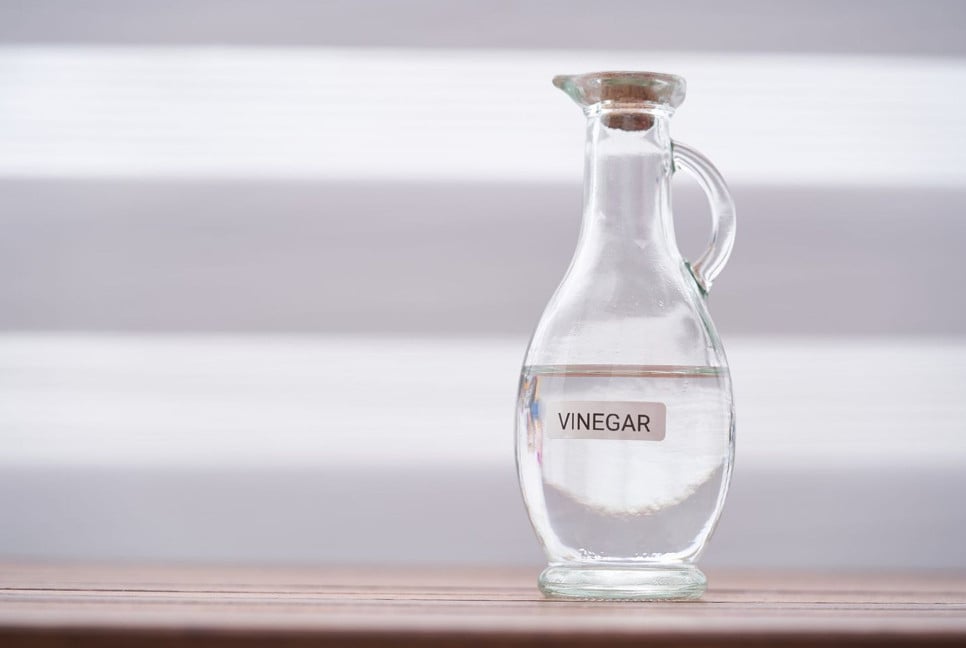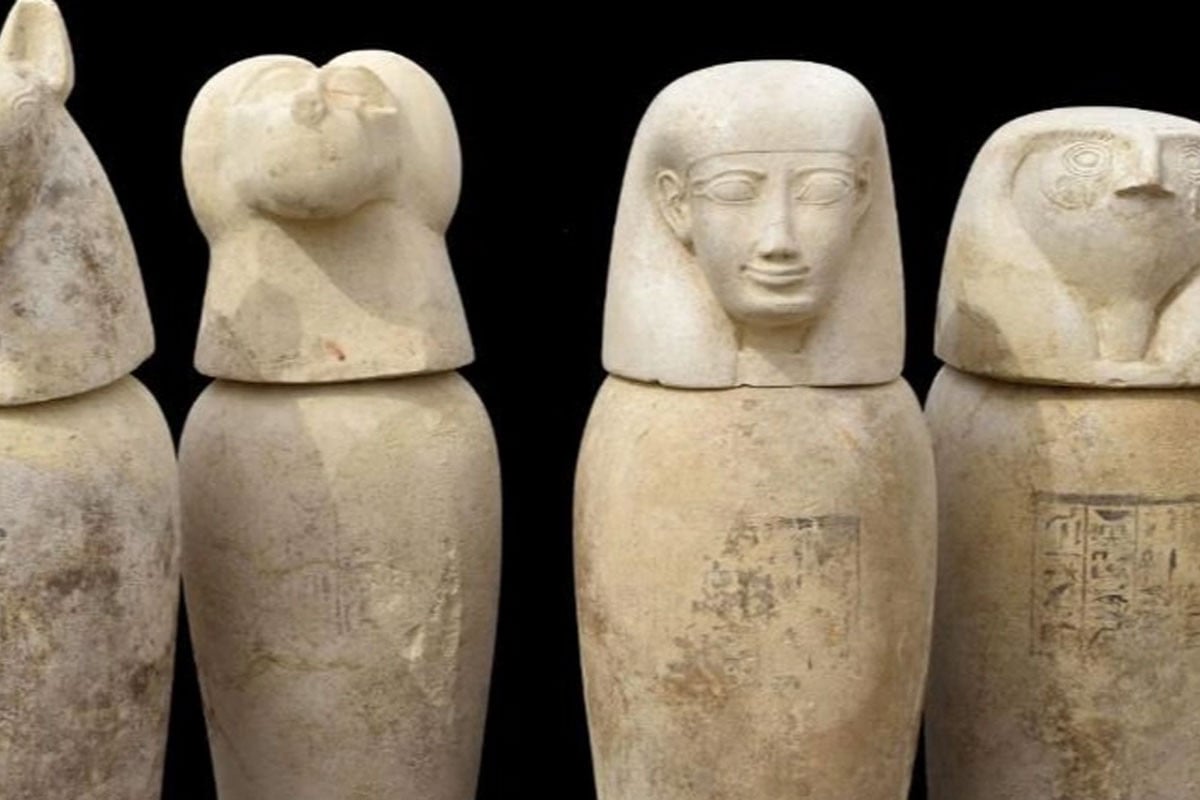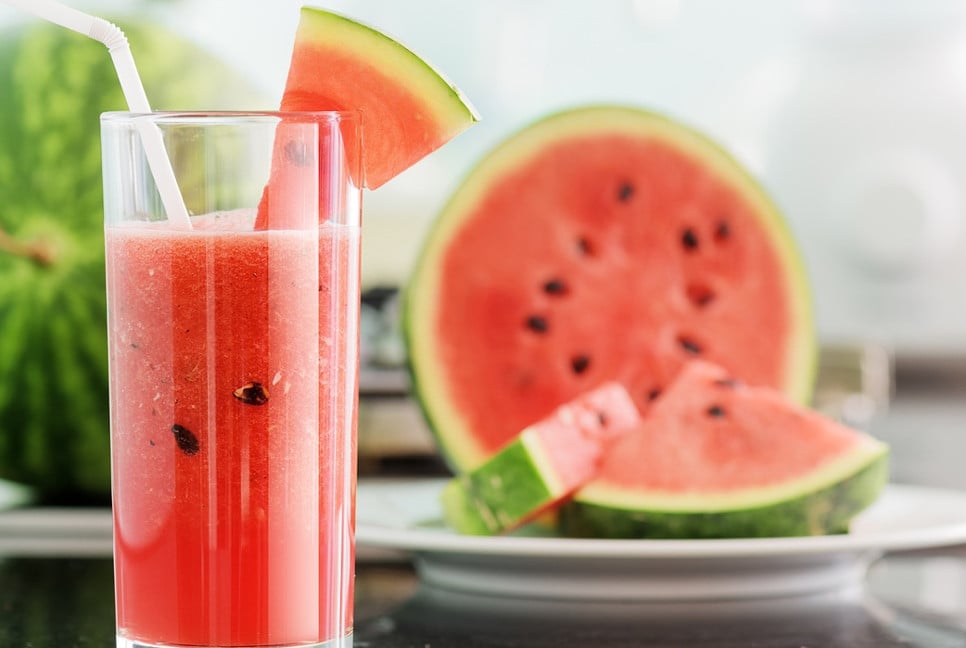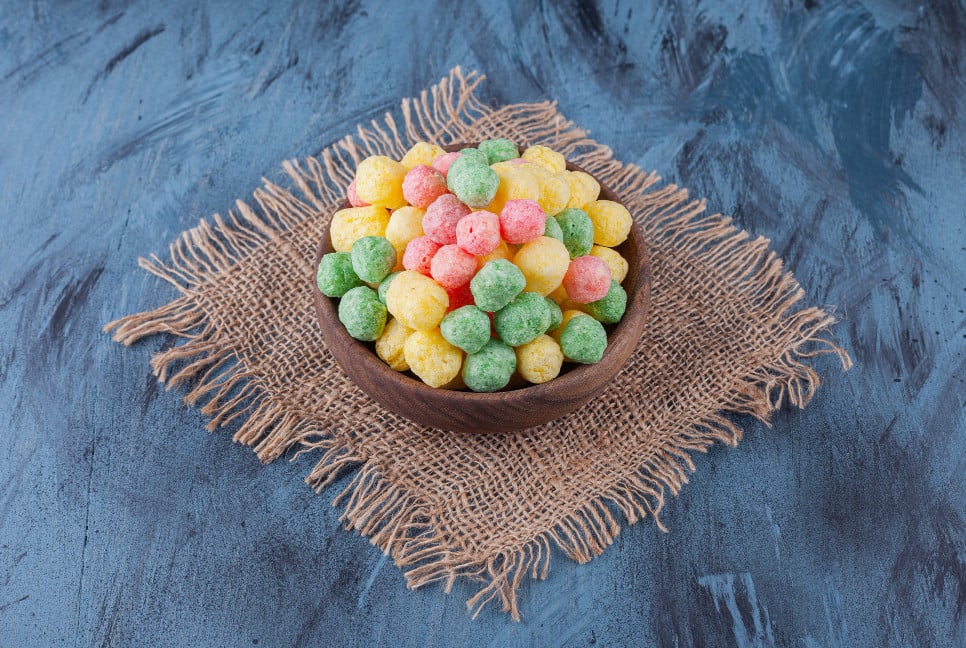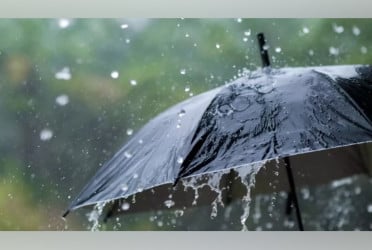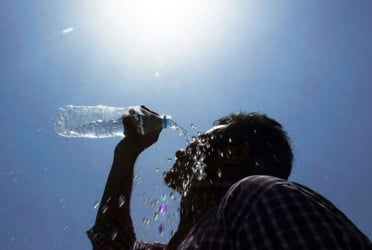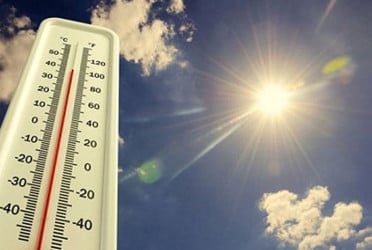A viral Instagram video by Dr. Rebecca Pinto claims that skipping showers in winter can increase life expectancy by 34%. The video has gained 6.6 million views but lacks research or references to support the claim. Many social media users have expressed doubts, asking for credible sources.
Further investigation is required to verify the accuracy of the statement, reports Hindustan Times.
What other experts say
While experts agree that bathing frequently can do your skin microbiome some harm, but skipping bath altogether in winter could be detrimental.
Dr Balakrishna G K, HOD and senior consultant internal medicine, Gleneagles BGS Hospital Kengeri, Bengaluru, says, “The claim that skipping baths can increase life expectancy by 34 per cent seems exaggerated and lacks strong scientific backing. While frequent baths can disrupt the skin's microbiome and natural defences, entirely skipping baths may lead to hygiene concerns and infections.”
Yes, temperature and exposure to cold significantly impact the body, and this holds true for various species. Research indicates that colder temperatures can reduce metabolic rates in some species, but to say that it actually happens for humans doesn’t hold any strong proof.
Dr H Guru Prasad, associate clinical director and HOD, department of general medicine, CARE Hospitals, Banjara Hills, Hyderabad, adds, “Though the claim is alluring, but scrutinising research methodology and context before conclusions is key (if there's one at all). Bathing habits may indirectly connect to skin health preservation or hot water damage reduction but longevity relies on an intricate interplay of genes, lifestyle, and surroundings, making bathing alone unlikely to significantly impact longevity.”
In fact, bathing is important, even in winters
While we’re conditioned to think daily bathing is essential, hygiene standards vary widely across cultures. In colder climates, it’s not uncommon for people to bathe just a few times a week. However, you should be able to strike a balance as bathing has its benefits too.
- Warm baths can improve blood flow and relaxation, indirectly aiding digestion.
“Skipping bath occasionally likely causes minimal digestive effects, but consistent lack of bathing risks stress negatively impacting digestion,” says Dr Prasad.
- In fact, skipping baths in winter can lead to a buildup of sweat, dead skin cells, and environmental pollutants, which may clog pores and increase the risk of skin irritation and infections.
If you’re not sweating much or engaging in activities that make you dirty, a quick sponge bath targeting key areas - like armpits and groin - can suffice, but you get the whole point, cleanliness is important.
Cold vs hot baths
The idea of taking a cold shower during winter is something many love to flex about, often claiming it's a game-changer for the body. Well, obviously, there’s truth to these claims, but does that mean hot shower enthusiasts are unknowingly harming their bodies?
“Both cold and hot baths have their benefits and drawbacks. Cold baths can improve circulation, reduce inflammation, and boost energy levels, while hot baths are relaxing and can soothe muscle aches. However, in winter, lukewarm water is ideal as it helps clean the skin without stripping away too much of its natural moisture, unlike excessively hot water, which can exacerbate dryness,” explains Dr Balakrishna G K.
The hygiene concerns
While indulging in a bit of winter laziness is totally fine, you can’t ignore hygiene. Here’s a quick guide to staying fresh without compromising your skin in winter:
Switch to lukewarm water: If you’re bathing, steer clear of hot water, which can dry out your skin. Lukewarm is your best friend.
Focus on key areas: Clean odor-prone spots like armpits and feet daily using a washcloth or wet wipes.
Moisturise: Always follow up with a good moisturizer after bathing to lock in hydration and prevent dryness.
Use mild soaps: Harsh soaps strip away natural oils, so stick to gentle, hydrating cleansers to keep your skin happy.
Bd-pratidin English/ Afia



